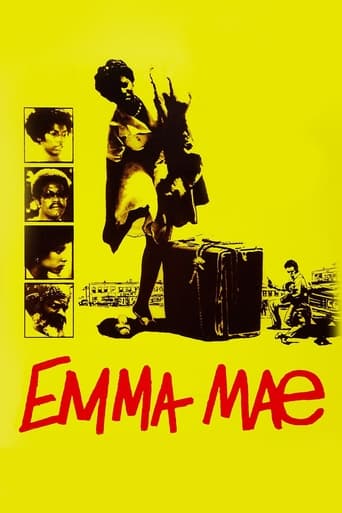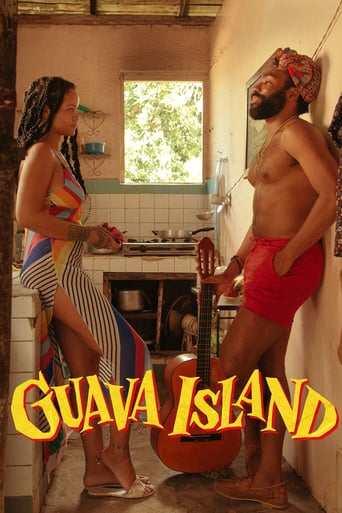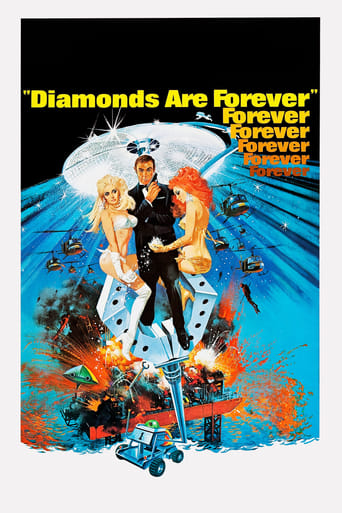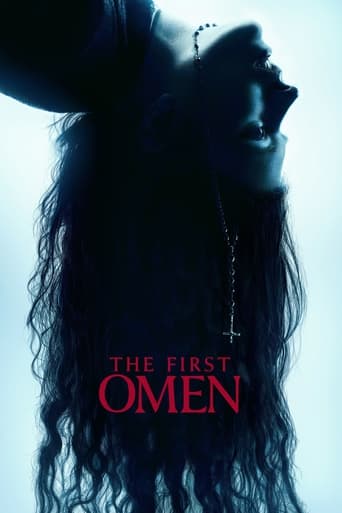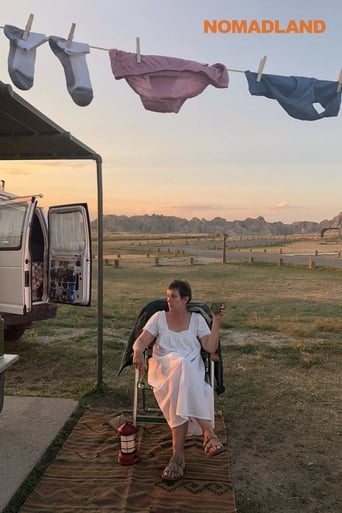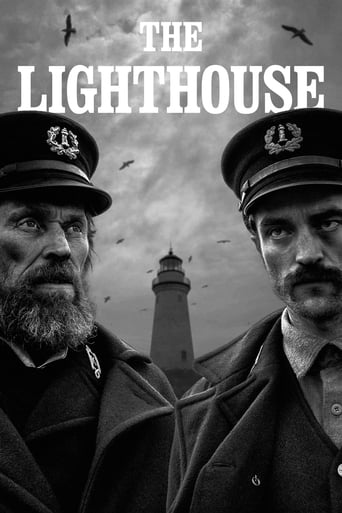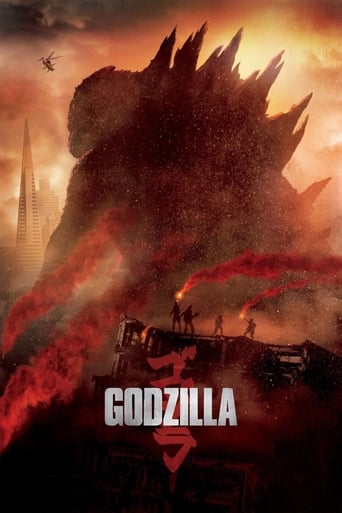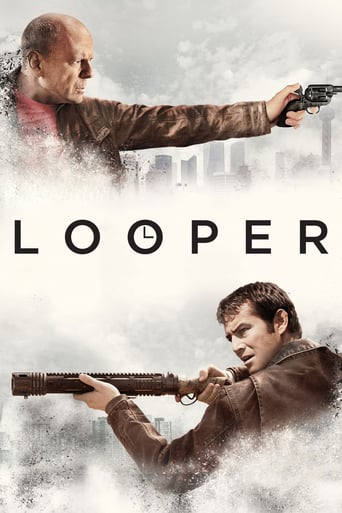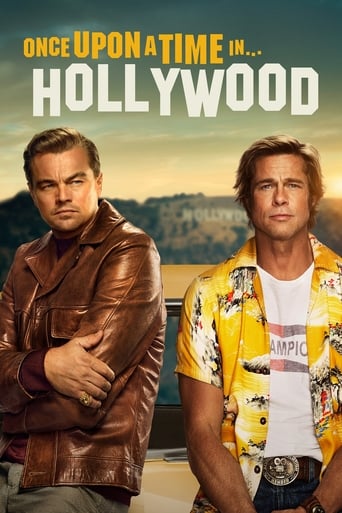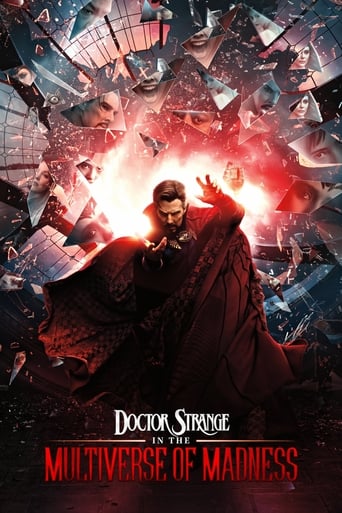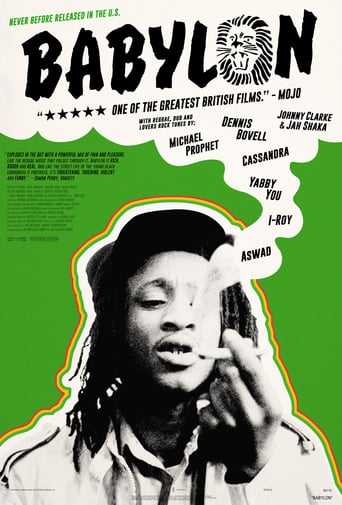


Babylon
Drama telling the story of Blue, a young man of Jamaican descent living in Brixton in 1980, as he hangs out with his friends, fronts a dub sound system, loses his job, struggles with family problems and has his friendships tested by racism.
-
- Cast:
- Brinsley Forde , Trevor Laird , Karl Howman , Brian Bovell , Victor Romero Evans , David N. Haynes , Archie Pool


Reviews
Very well executed
Intense, gripping, stylish and poignant
A different way of telling a story
The plot isn't so bad, but the pace of storytelling is too slow which makes people bored. Certain moments are so obvious and unnecessary for the main plot. I would've fast-forwarded those moments if it was an online streaming. The ending looks like implying a sequel, not sure if this movie will get one
There are two pivotal exchanges in Babylon, each involving the most volatile member of the 'Ital Lion' sound system. On being informed that "this was a lovely area before you came here," Beefy, played by a young Trevor Laird, replies (in pure saarf London tones) "This IS my country, lady and it's never been lovely, it's always been a tip for as long as I can remember." The second, equally telling exchange occurs when Ronnie (Howman of 'Brush Strokes' fame) attempts to point out that not all "his kind" are evil, after the destruction of the Lion's DJ equipment by marauding racists. "I'm a National Front guy?" he protests. "Dem a deal in pure wickedness, man!" Beefy, seeing red and using a pronounced Jamaican accent this time, informs him "Don't talk black, white man" and brutally headbutts him to the ground. As Frantz Fanon wrote in 1952's 'Black Skin, White Masks', "It is this automatic manner of classifying him, imprisoning him, decivilising him, that makes him angry." It is precisely these issues of cultural identity, and of cultural preservation, that lie at the heart of Babylon, an early and important milestone in black British film-making. Filmed in and around Deptford, Lewisham and Brixton, it's a social-realist portrait of young, working-class, second-generation black Londoners under siege. As Horace Ove's immediate forebear Pressure foreshadows the Notting Hill riots of 1976, so Babylon seems blessed (or cursed) with equal prescience, fermenting with the kind of racial tension that would spectacularly ignite in Britain's inner cities a few months after its release.Sacked by his racist boss, two-timed by his girlfriend, beaten up by plain-clothes police - and not least, after his sound system is smashed up, dreadlocked MC 'Blue' (Aswad's Brinsley Forde) finally loses it and stabs a likely white offender with a screwdriver. All the same, he manages to get to the semi-finals of a sound competition just in time to blow away their rival - the otherwise unassailable Jah Shaka, cameoing as himself - with a borrowed sound system and a well-played ace: Aswad's mighty 'Warrior Charge', snake-hip slinky and triumphal as a lion's roar.In the tradition of classic music movies, this hugely influential tune is key to the entire film; what the whole damn thing hinges on. As Lloyd Bradley writes in 'Bass Culture', his seminal history of reggae, "'Warrior Charge' was the sound's secret weapon, the tune which, entirely believably, was going to annihilate all comers in the dancehall." As an army of police mass outside, and through a blue fug of ganja smoke, the wanted man toasts a plea for liberation: "Four hundred years it's the same kind of living/Pain and misery all that Babylon is giving/I can't take no more of that, no I can't take no more of that", a chant taken up by the crowd, as the police sledgehammer at the dancehall door in time with the beat, in a final and brilliantly juxtaposed mimesis.Here, for the first time in British cinema, was a portrayal of Rastafarianism and British reggae culture at odds with the 'multi-racist' society and state. Following the death of the Emperor Haile Selassie in 1975, the Rastafarian religion had steered a more secular path: a politicised doctrine emphasising passive resistance against the agents of subjugation and oppression. The 'dread' music and culture highlighted in Rosso's film is seen as a catalytic, liberating force, during an era of 'Sus' stop-and-search laws, and in which reggae clubs and blues parties were being systematically shut down. Attack the sound and you attack the community.Babylon has fewer ideas than Pressure, but makes up for it with sheer sound and fury, galvanised by the punk era; as Alexander Walker writes in 'National Heroes', this "was not a mediation movie but a red alert". Despite its uncompromising outlook it should not be too surprising that Babylon was directed, produced and written by whites, given the gated nature of the industry; that it owes something to the previous year's Quadrophenia in its thematics and narrative arc may also have been unavoidable, given its screenwriter co-wrote both films.Five years is a long time in subculture: this is a tauter film than Pressure, pitched at a transformed generation: younger, more self-assured. Pressure's check suit jackets and pork pie hats have given way to casual sportswear, dreads and the African tricolour.The sounds have become harder too - "hard like concrete" - drenched in reverb, echo and searing sonic sun splashes, with Shaka's soundsystem making judicious use of the 'Synare 3' drum machine. Babylon's core viewers would have less time for speechifying, favouring the immediate impact of a wardrobe-sized speaker cabinet over Pressure's Black Panther-style orations.Not that audiences got much of a chance to catch it: panicked that black Britons under the age of 18 would misread the film as an incitement to violence, the BBFC saddled it with a limiting 'X' certificate. BBFC secretary James Ferman reassured, "We all believe that it will become a classic of its type and be around for many years, so that black youngsters who cannot see it today will have their chance before very long." But following its cinema run, Babylon went underground. With no VHS or DVD release (even the soundtrack wasn't reissued on CD until 2005), the film instead collected a cult following via second-generation recordings, taped off the telly during either of its two screenings on Channel 4 during the 1980s.At time of writing, to be young, British, working class, of any racial origin, and not to "talk black" is to deviate from the norm. Back in 1975, Horace Ove proposed subtitling certain passages of dialogue in Pressure to aid the "language problem"; a request turned down by distributors on the grounds that "what they're saying isn't very important - after all, we get the gist of it." For Babylon's UK DVD release, the subtitles accompanying the esoteric vernacular have been entirely removed.
Strange film really. I didn't see it at the time, was born the year it was made, perhaps that's why i have such a problem with it - it is a film of its time, dealing with issues of its time, issues which have changed (thankfully) quite a lot since my birth. But I'm really pleased I saw it (watched several times in fact to try and put my finger on what it was that bothered me so) and pleased I bought the 2007 Italian released DVD for other film on there - Dread Beat An' Blood - which is a little bit special. Its about dub poet Linton Kwesi Johnson, who is a total hero and great in front of the camera, but its also a fine piece of film-making by Franco Rosso. Essentially, the title says it all - Babylon - a society based on 100% wickedness, rotten to the core. In the film's dystopian vision of late 70's South London our hero succumbs to overwhelming pressure from ALL sides only to a take a defiant stand in the final scene. However it seems to have shot itself in the foot: In an effort to create SUCH a bleak world, the characters themselves are undermined - how much can you sympathise (in movie world!) with someone who has essentially just made poor choices and let down everyone around them? The final act of redemption, (or is it stupidity, suicide, throwing your life away?) is unconvincing and seems to owe more to punk than it does the reggae Sound System culture this film supposedly celebrates. And it doesn't, in my view - Bizarrely!?! After watching several times in disbelief I feel this was another casualty of the script's agenda of mounting pressure from 'Babylon-system' which never lets up and permits no refuge or shelter (sound systems included). Is there any point making a film called Babylon without a sign post to a way OUT of Babylon? Commendable as it is to try and make a hard hitting film that doesn't follow a standard pattern of good triumphing of evil - this is in fact evil triumphing over good, a much more interesting creative proposition - it IS a cheesy film, it does NOT pretend to be proper social realism or documentary-like, and most importantly: it just DOESN'T WORK. I mean, when the Rastafarian God, Jah, is repeatedly said to be 'a TERRIBLE God' (in a perversion of Rastafarian religious rites!?!) something is wrong. (Its terrible as in vengeful btw). Sadly, (so very sadly), I found myself wondering if the fact that this film's writers and director were WHITE had anything to do with confusion and contradiction this film drowns in.But then, as i stated at the beginning, it could well be ME. Race relations in Britain were pretty much at an all time low around the time this film was made, Thatcher had only just come into power and that seemed to signal more conflict and a drift toward colonial-type values, not welfare values. But, crucially for our purposes, the reggae records of the time tell a different story! True, all the buzz-words of the time like 'revolution' and 'resistance' are there but its always with 'righteousness' and LOVE. Or at least that's the way I see it, and that's basically my point... as viewed from 2008 - happier times.Or perhaps I'm simply reading too much into it: it's low budget cult trash! - one of my favourite genres btw : ) Should this stuff stand up to examination at all? My answer is: Like most low budget cult trash, it DIDN'T REALIZE it was low budget cult trash! It feels like it has 'something to say', and of course most things always do on one level or another. Obviously you have to be a little more forgiving - and because its a film about Sound Systems shot in Brixton for fcuks sake! : ) (And Brixton looks awesome.) But I say its asking for it, because more than anything all these errors make it fail as a piece of ENTERTAINMENT: When 'the cool white guy' is head-butted to the ground for 'talking black' by his best friends and they do/say nothing but just step over him because they're upset their sound system has been smashed up by nasty racists kept awake at night by the noise, its unbelievable. When they portray sound system members smashing a rival's headlights (Jah Shaka's!?!?!), threatening each other with machetes and big dogs and just general poor sportsmanship, (all be it kiiinda lightheartedly), its ridiculous. And Jah, a TERRIBLE God? I don't think so. ; )A missed opportunity really, all the more tragic because Britain has precious little Black Cinema from these times. Strange too, as the cast included Aswad's Brinsley Forde and Jah Shaka, the excellent music is by Matumbi's Denis Bovell, and the director, Franco Rosso, despite being an Italian, was South London-based and had a long association with Sound Systems - he even claims to have enlisted help of black Brixton youths with the actual writing of the script. And Rosso had just made the Linton Kwesi Johnson documentary, more than adequate grounding for Babylon I'd say. Strange it would fail in the ways it does.That just leaves, the other writer: Martin Stellman - who at the time would have been riding high on the success of Quadrophenia, which is fcuking DODGEY, along with everything else The Who ever did. And was probably brought in at a late stage as a 'safe pair of hands'. Its got his fingerprints all over it. I blame him!!! ; )Go see it!(if anyone has comments about this rant or the film in general, I'm interested to hear, post a review yourself or we can discuss it on Babylon's IMDb notice board - thanks! Matt)
Even now after 26 years of the film being released, I can still remember many of the scenes. Me and my brother love to run of the one liners like "Sprat and be d' banker" and "....an I doh wa fi subsidise you..". This film is an absolute classic and I would give my right hand to find this movie on DVD. This is my most memorable film from the 80's and every time I see the white dude doing the Flash adverts, I remember when Beffy did buck him down after he was chatting about the "pure wickedness man...". There wasn't too many films that depicted the racial tensions that existed between blacks and whites living in London during the 80's. I was only ten years old when this was released, but this film is etched firmly in my memory.Big respect to the actors and producers of this film.
this film is wicked. the music is bad, in the michael jackson sense of the word, the plot is hilarious and the whole thing is filmed around brixton which is lovely if you live there. and its got the bloke from brush strokes in it.

